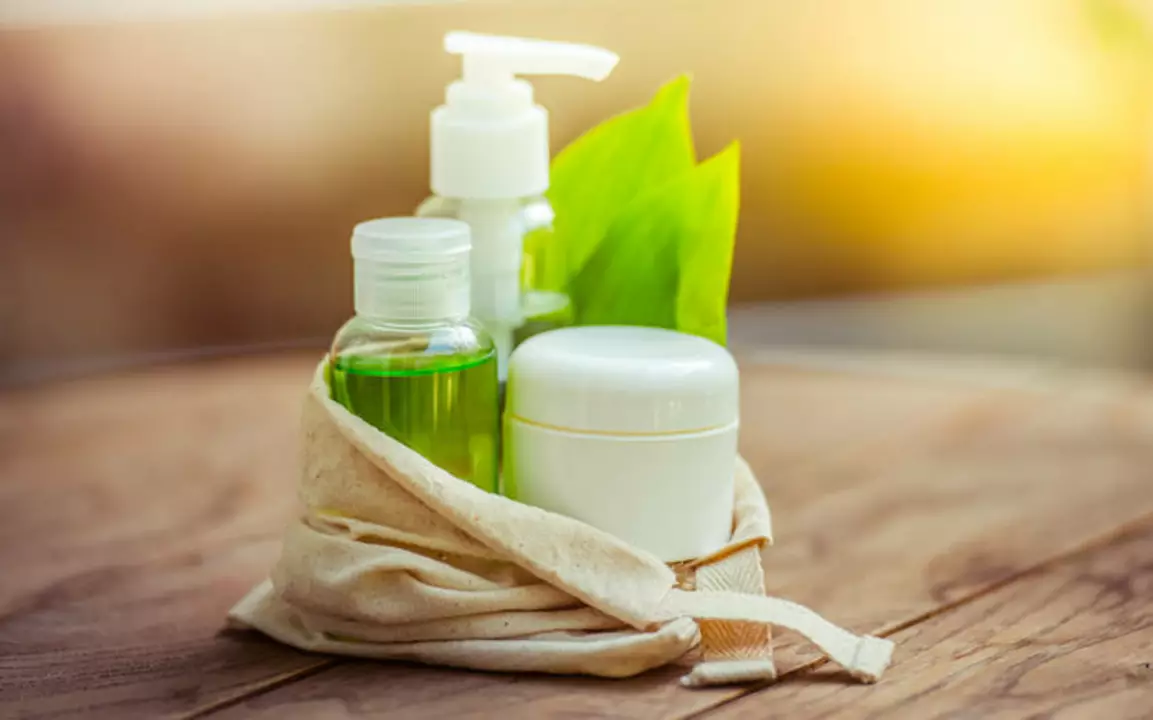Skin care: clear advice for acne, treatments, and safe buying
Want skin that behaves instead of causing drama? Good news: small, consistent steps beat miracle fixes. This page pulls together useful articles and real-world advice on acne drugs, topical treatments, supplements, and safe ways to buy meds online.
Start with basics: gentle cleansing, sunscreen every day, and a simple moisturizer. Harsh scrubs and over-washing make oil glands work harder and can worsen breakouts. Use a mild cleanser once or twice daily and pick a non-comedogenic moisturizer—your skin will thank you.
When topical treatment is enough
If you get occasional pimples, try topical options first. Look for products with benzoyl peroxide, salicylic acid, or topical retinoids. Topical retinoids (like tretinoin) help unclog pores and speed skin turnover. They can cause dryness and irritation at first—start slowly, every other night, and use a gentle moisturizer.
For dark spots and texture issues, combine retinoids with sunscreen. Retinoids make skin more sun-sensitive, so daily SPF 30+ is non-negotiable. If irritation persists, talk to a dermatologist about switching strengths or spacing applications.
When to consider prescription options
For stubborn cystic acne or when acne scars are forming, oral options like isotretinoin (brand example: Tretiva) may be the most effective. Isotretinoin works differently and can produce long-term remission, but it also has serious side effects and requires close medical monitoring. Read detailed guides on dosing, pregnancy precautions, and lab checks before starting.
Other prescriptions include antibiotics, hormonal treatments, or stronger topical meds. Which path is right depends on your skin type, how long you’ve had acne, and other health factors. A short consult with a dermatologist usually clears up the best next steps.
Worried about cost? There are articles here that show where to find affordable tretinoin or isotretinoin online safely. If you buy meds online, pick verified pharmacies, check for a prescription requirement, and avoid deals that look too good to be true. Scam sites sell counterfeit products that can harm your skin and health.
Supplements like peppermint or certain berry blends get attention for overall skin health. Supplements can help when paired with a solid skin routine, but they rarely replace targeted treatments for acne. If you try a supplement, watch for interactions with medications and look for clear ingredient lists from reputable brands.
Skin care is personal. Track what you use, note improvements or reactions, and give any new treatment at least 8–12 weeks to show results. If things get worse or you see alarming symptoms, stop the product and consult a pro.
Browse the linked articles for specific how-tos: where to buy meds safely, detailed tretinoin guides, and practical tips for combining treatments. Pick one change, stick with it, and reassess—steady steps win over fast fixes every time.

